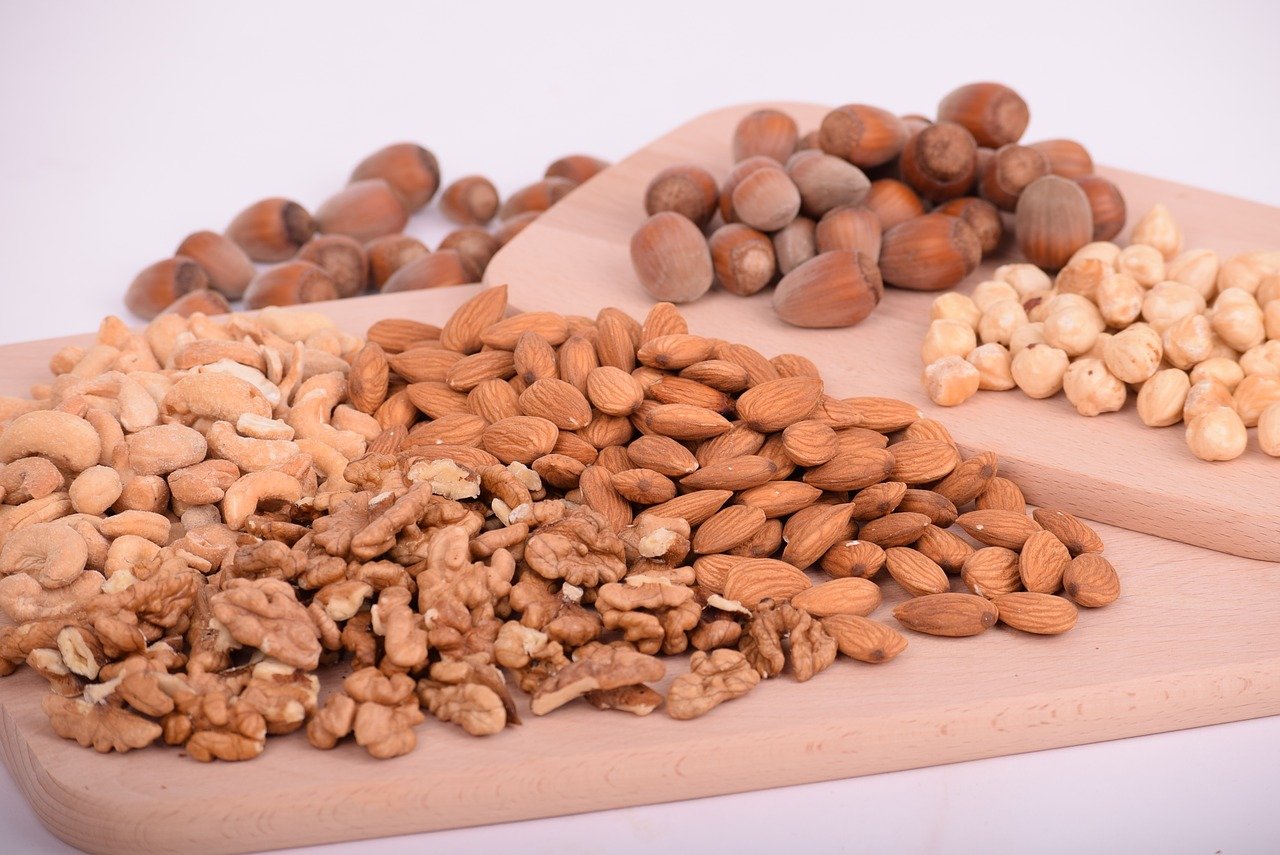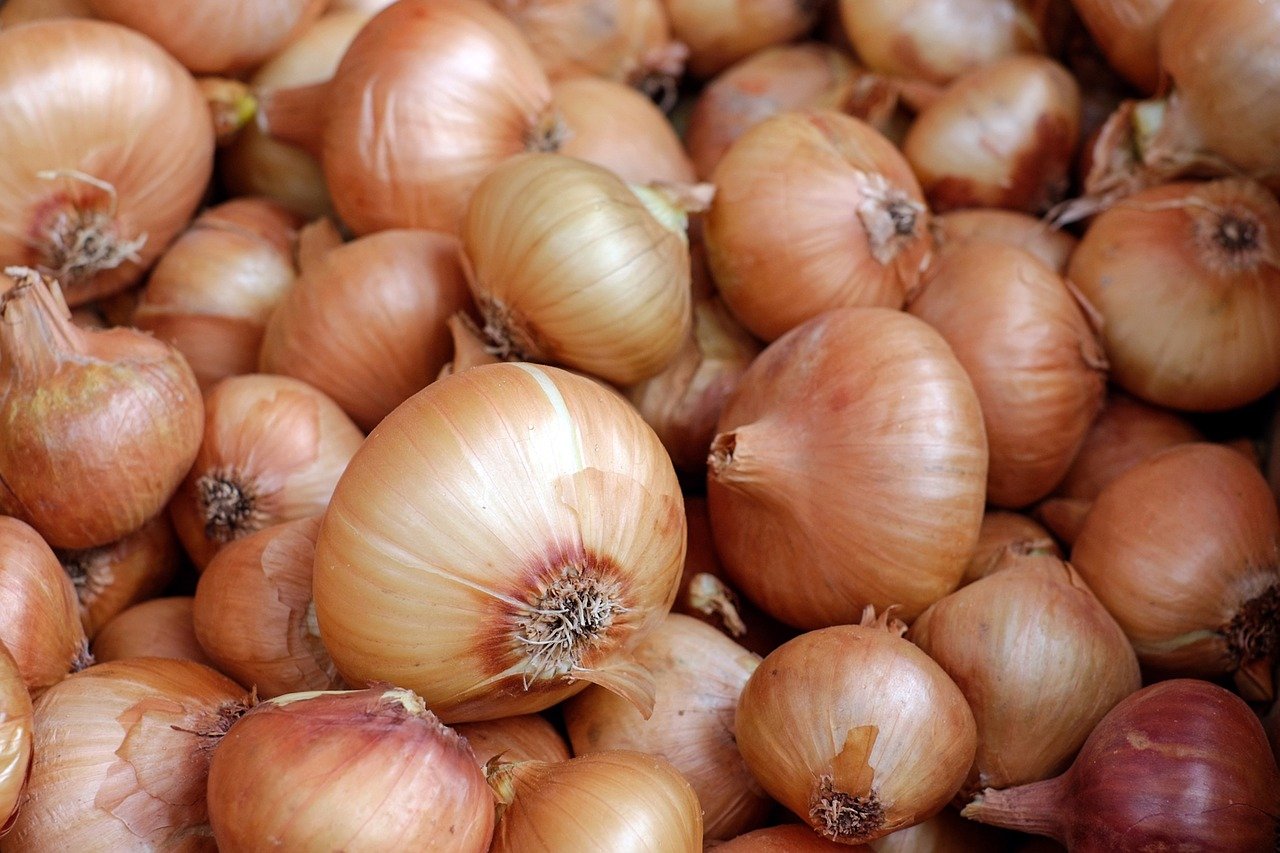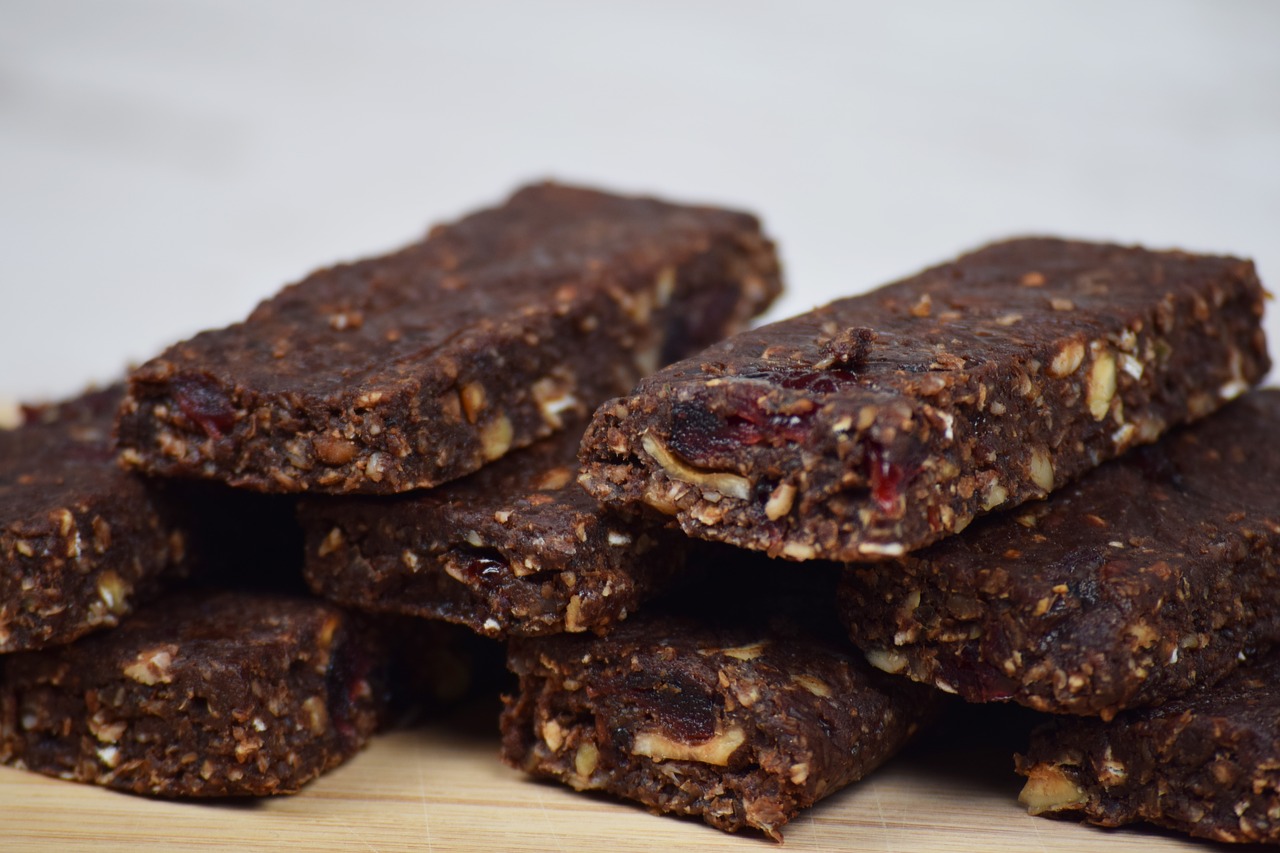Nuts, seeds, and Legumes
Nuts, Seeds, Legumes and Alzheimer's
Nuts, seeds, and legumes all have properties which can decrease oxidative stress, neuroinflammation and increase cognition. Nuts, seeds and legumes are components of the Mediterranean diet, DASH diet, and the MIND diet. In addition, polyphenols from nuts added to the combination of polyphenols that was shown in one study that we discussed earlier to be the combination of polyphenols which decreased Alzheimer’s risk the most. Seeds differ from nuts in that they don’t have an hard outer shell, but instead have a nutrient packed seed coat.
Nuts and Alzheimer's
Nuts contain many fatty acids deemed important for a health brain such as alpha-linoleic acid, an omega-3 fatty acid. In fact, walnuts have a higher amount of alpha-linoleic acid than any other nut or edible plant. Nuts are also high in dietary fiber. One serving of nuts provides between 5 and 10% of daily fiber requirements. The macronutrient content of nuts is made up of mostly fat. They are low in saturated fat and have higher amounts of mono- and poly-unsaturated fatty acids. Coconuts are an exception to this as they are made up mostly of saturated fat. Nuts are also rich in folate (vitamin B9), tocopherols (vitamin E) and polyphenols.1
Walnuts have been tested in a randomized clinical trial using elderly subjects. There was no improvement in cognition between the walnut group and the placebo group, but MRI scan suggest that walnuts may delay cognitive decline in subgroups at higher risk, such as those that smoked or had lower baseline cognitive scores.2
Another randomized clinical trial examining walnuts and cognition, except young healthy subjects were used instead of elderly subjects In this study, subjects were to consume banana bread with and without walnuts for 8 weeks. There were no differences on the cognitive tests for nonverbal reasoning, memory, and mood. However, verbal reasoning did show a significant 11.2% improvement in the group assigned to eat banana bread with walnuts.3
A randomized controlled pilot study examined 31 elderly patients with mild cognitive impairment (MCI) who were assigned into a control group or a group that consumed a single brazil nut daily for six months. Brazil nuts are considered the best dietary source of selenium which supports antioxidant processes in the body. Selenium levels in the Brazil nut group increased as did the scores on cognitive tests suggesting that Brazil nuts could have a positive effect on patients suffering from MCI.4
Many experimental intervention human studies have shown that lipid profiles have been improved with nut consumption. Almonds, pecans, peanuts (a legume) and walnuts have all been shown to decrease triglycerides and LDL cholesterol. In addition, the vast majority of human studies investigating nuts and oxidative stress by analyzing malondialdehyde, a biomarker for oxidative stress, have shown that nut consumption reduces oxidative stress. Nuts, and walnuts in particular, have the potential to increase oxidation because polyunsaturated fatty acids are susceptible to oxidation. Oxidation of lipids, called lipid peroxidation, is especially problematic with polyunsaturated fat because the carbon double bonds that make up the chemical structure of polyunsaturated fatty acids are attacked by free radicals and creates a chain reaction in which more free radicals are created. Lipid peroxidation creates free radicals which can damage cell membranes. However, the lack of oxidative stress when increasing nut consumption, as demonstrated by analyzing malondialdehyde suggests that the antioxidant activity within nuts is strong enough to counteract any potential increase in lipid peroxidation.5,6
Two clinical trials that examined DNA damage and nut consumption both showed that an increase in nut consumption reduced the DNA damage caused by smoking.7
Legumes and Alzheimer's
Legumes are edible seeds from pods that you can split in half, such as peanuts, soybeans, and many other types of beans. Legumes contain polyphenols, fiber, protein, carbohydrate, B vitamins, iron, copper, magnesium, manganese, zinc, and phosphorous. They are low in saturated fat and contain because they are plant based they have no cholesterol. In addition, they have a low glycemic index.8,9
An observational study using elderly Italian subjects found that high amounts of legumes in one’s diet correlated to a significant improvement in cognition. Similarly, an in vivo study using adzuki beans delayed cognitive impairment and reduced amyloid beta aggregation in fruit flies models of Alzheimer’s disease. However, one legume in particular has stirred up some a good amount controversy. Soybeans.10,11
Soybeans is undoubtedly the most researched legume in regards to Alzheimer’s. Soybeans have been shown in various different studies to be protective against Alzheimer’s disease and to cause Alzheimer’s disease. Soybean contains a high amount of a compound called isoflavone which is a type of polyphenol found primarily in legumes. To illustrate the confusion over soybeans, studies have shown that soybean isoflavones can inhibit amyloid beta aggregation and to cause increased amyloid beta aggregation. However, taken in its totality, most of the studies have shown positive effects of soybean isoflavones. In vitro and in vivo studies have shown that soy isoflavones have been shown to be protective against Alzheimer’s disease by reducing oxidative stress, neuroinflammation, tau hyperphosphorylation, and cognitive enhancement.12,13,14,15,16
However, as you all know by now, randomized clinical trials are the best way to judge a compound’s effect on a disease. Cui et al. performed a meta-analysis on all the randomized clinical trials investigating soybean isoflavones and cognition. In total 16 randomized clinical trials were included in their analysis and they found that soybean isoflavones did improve overall cognition.17
There are other compounds in soybeans and those compounds could also affect changes in the body. Whole soybeans or processed soybeans such as tofu has been linked to an increase of thyroid issues and to Alzheimer’s itself. From our discussion on Alzheimer’s subtypes we know that altered levels of thyroid hormones contributes to the Bredesen type II Alzheimer’s subtype. To investigate soy’s influence on the thyroid, another meta-analysis was conducted on all randomized clinical trials that included soy and included analysis of main thyroid hormone – T3, T4 and TSH (Thyroid Stimulating Hormone). They found that there was a modest increase (0.248 mIU/L) in TSH in subjects that were given soy supplementation. The authors mentioned that the clinical significance of that increase is unclear. However, this increase is TSH levels from soy might be a reason to cut soy out of your diet if you have TSH levels that are too high.18
Seeds and Alzheimer's
Right now, we’ll look at seeds that are commonly eaten. Even though the botanical definition of seed includes nuts and legumes, for this section let’s go with the more colloquial use of the word seed which is much easier because it almost always uses the word seed in its name. For example, pumpkin seed, sunflower seed, chia seed. Grape seeds will be discussed in the supplement section since they are not commonly eaten and are used primarily as a supplement.
There have been very few randomized studies looking at the effects of seeds on cognition. Nigella sativa Linn. seeds, also known as black caraway or black cumin, has been shown in rats and humans to improve cognition. In the human study, 40 elderly volunteers were randomly assigned into a placebo group and a treatment group. The treatment group received 500 mg NS capsule twice daily for nine weeks. Safety was determined by analyzing common liver, kidney and cardiac biomarkers. Cognitive tests were conducted twice before treatment and again after nine weeks. At the end of the study, the treatment group saw increases in memory, attention and overall cognition. Safety biomarkers remained the same before and after treatment. The active ingredient in Nigella sativa Linn. seeds turned out to be a polyphenol called thymoquinone which may also have anti-tumor capabilities as well as alleviate inflammation in the brain.19,20,21
Pumpkin seeds have been suggested by some on the internet as a potential way to prevent Alzheimer’s. There have been no clinical studies that I have seen to support that. However, there have been clinical studies using pumpkin seed and pumpkin seed oil to treat other conditions. In postmenopausal women, pumpkin seed oil decreased systolic and diastolic blood pressure and an increase in HDL.22,23
Chia seeds have been investigated in using animal models as well as human subjects and the results of improved cognition have been inconsistent. One in vivo study showed that chia seeds actually decreased learning and memory abilities in Alzheimer’s induced rats. On the other hand, a human intervention study randomly divided students of the Technical University at Dortmund, Germany into a treatment group that consumed 5 grams of chia seeds daily over 21 days and a control group. Subjects were given cognitive tests before treatment and at the conclusion of the study. The treatment group performed significantly better than the control group by improving their verbal intelligence and enhanced their ability in problem solving.24,25,26,27
Alzheimer's and Specific Foods
Nuts, Seeds, and Legume References:
- Ros E. Health benefits of nut consumption. Nutrients. 2010 Jul;2(7):652-82. doi: 10.3390/nu2070652. Epub 2010 Jun 24. PMID: 22254047; PMCID: PMC3257681.
- Sala-Vila A, Valls-Pedret C, Rajaram S, Coll-Padrós N, Cofán M, Serra-Mir M, Pérez-Heras AM, Roth I, Freitas-Simoes TM, Doménech M, Calvo C, López-Illamola A, Bitok E, Buxton NK, Huey L, Arechiga A, Oda K, Lee GJ, Corella D, Vaqué-Alcázar L, Sala-Llonch R, Bartrés-Faz D, Sabaté J, Ros E. Effect of a 2-year diet intervention with walnuts on cognitive decline. The Walnuts And Healthy Aging (WAHA) study: a randomized controlled trial. Am J Clin Nutr. 2020 Mar 1;111(3):590-600. doi: 10.1093/ajcn/nqz328. PMID: 31912155.
- Pribis P, Bailey RN, Russell AA, Kilsby MA, Hernandez M, Craig WJ, Grajales T, Shavlik DJ, Sabatè J. Effects of walnut consumption on cognitive performance in young adults. Br J Nutr. 2012 May;107(9):1393-401. doi: 10.1017/S0007114511004302. Epub 2011 Sep 19. PMID: 21923981.
- Rita Cardoso B, Apolinário D, da Silva Bandeira V, Busse AL, Magaldi RM, Jacob-Filho W, Cozzolino SM. Effects of Brazil nut consumption on selenium status and cognitive performance in older adults with mild cognitive impairment: a randomized controlled pilot trial. Eur J Nutr. 2016 Feb;55(1):107-16. doi: 10.1007/s00394-014-0829-2. Epub 2015 Jan 8. Erratum in: Eur J Nutr. 2021 Jan 5;: PMID: 25567069.
- Mukuddem-Petersen J, Oosthuizen W, Jerling JC. A systematic review of the effects of nuts on blood lipid profiles in humans. J Nutr. 2005 Sep;135(9):2082-9. doi: 10.1093/jn/135.9.2082. PMID: 16140880.
- Ayala A, Muñoz MF, Argüelles S. Lipid peroxidation: production, metabolism, and signaling mechanisms of malondialdehyde and 4-hydroxy-2-nonenal. Oxid Med Cell Longev. 2014;2014:360438. doi: 10.1155/2014/360438. Epub 2014 May 8. PMID: 24999379; PMCID: PMC4066722.
- Mukuddem-Petersen J, Oosthuizen W, Jerling JC. A systematic review of the effects of nuts on blood lipid profiles in humans. J Nutr. 2005 Sep;135(9):2082-9. doi: 10.1093/jn/135.9.2082. PMID: 16140880.
- Polak R, Phillips EM, Campbell A. Legumes: Health Benefits and Culinary Approaches to Increase Intake. Clin Diabetes. 2015 Oct;33(4):198-205. doi: 10.2337/diaclin.33.4.198. PMID: 26487796; PMCID: PMC4608274.
- Yang, Q.‐Q., Gan, R.‐Y., Ge, Y.‐Y., Zhang, D. and Corke, H. (2018), Polyphenols in Common Beans (Phaseolus vulgaris L.): Chemistry, Analysis, and Factors Affecting Composition. Comprehensive Reviews in Food Science and Food Safety, 17: 1518-1539.
- Mazza E, Fava A, Ferro Y, Moraca M, Rotundo S, Colica C, Provenzano F, Terracciano R, Greco M, Foti D, Gulletta E, Russo D, Bosco D, Pujia A, Montalcini T. Impact of legumes and plant proteins consumption on cognitive performances in the elderly. J Transl Med. 2017 May 22;15(1):109. doi: 10.1186/s12967-017-1209-5. PMID: 28532453; PMCID: PMC5440936.
- Miyazaki H, Okamoto Y, Motoi A, Watanabe T, Katayama S, Kawahara SI, Makabe H, Fujii H, Yonekura S. Adzuki bean (Vigna angularis) extract reduces amyloid-β aggregation and delays cognitive impairment in Drosophila models of Alzheimer’s disease. Nutr Res Pract. 2019 Feb;13(1):64-69. doi: 10.4162/nrp.2019.13.1.64. Epub 2019 Jan 4. PMID: 30788058; PMCID: PMC6369114.
- Feng JF, He LL, Li D, Yuan LH, Yu HL, Ma WW, Yang Y, Xi YD, Ding J, Xiao YX, Xiao R. Antagonizing effects of soybean isoflavones on β-amyloid peptide-induced oxidative damage in neuron mitochondria of rats. Basic Clin Pharmacol Toxicol. 2012 Oct;111(4):248-53. doi: 10.1111/j.1742-7843.2012.00900.x. PMID: 22551092.
- Essawy AE, Abdou HM, Ibrahim HM, Bouthahab NM. Soybean isoflavone ameliorates cognitive impairment, neuroinflammation, and amyloid β accumulation in a rat model of Alzheimer’s disease. Environ Sci Pollut Res Int. 2019 Sep;26(25):26060-26070. doi: 10.1007/s11356-019-05862-z. Epub 2019 Jul 5. PMID: 31278647.
- Park YJ, Jang YM, Kwon YH. Isoflavones prevent endoplasmic reticulum stress-mediated neuronal degeneration by inhibiting tau hyperphosphorylation in SH-SY5Y cells. J Med Food. 2009 Jun;12(3):528-35. doi: 10.1089/jmf.2008.1069. PMID: 19627200.
- Chatterjee G, Roy D, Khemka VK, Chattopadhyay M, Chakrabarti S. Genistein, the Isoflavone in Soybean, Causes Amyloid Beta Peptide Accumulation in Human Neuroblastoma Cell Line: Implications in Alzheimer’s Disease. Aging Dis. 2015 Nov 17;6(6):456-65. doi: 10.14336/AD.2015.0327. PMID: 26618047; PMCID: PMC4657817.
- Gutierrez-Zepeda A, Santell R, Wu Z, Brown M, Wu Y, Khan I, Link CD, Zhao B, Luo Y. Soy isoflavone glycitein protects against beta amyloid-induced toxicity and oxidative stress in transgenic Caenorhabditis elegans. BMC Neurosci. 2005 Aug 25;6:54. doi: 10.1186/1471-2202-6-54. PMID: 16122394; PMCID: PMC1215487.
- Cui C, Birru RL, Snitz BE, Ihara M, Kakuta C, Lopresti BJ, Aizenstein HJ, Lopez OL, Mathis CA, Miyamoto Y, Kuller LH, Sekikawa A. Effects of soy isoflavones on cognitive function: a systematic review and meta-analysis of randomized controlled trials. Nutr Rev. 2020 Feb 1;78(2):134-144. doi: 10.1093/nutrit/nuz050. PMID: 31504836; PMCID: PMC7808187.
- Otun J, Sahebkar A, Östlundh L, Atkin SL, Sathyapalan T. Systematic Review and Meta-analysis on the Effect of Soy on Thyroid Function. Sci Rep. 2019 Mar 8;9(1):3964. doi: 10.1038/s41598-019-40647-x. PMID: 30850697; PMCID: PMC6408586.
- Bin Sayeed MS, Asaduzzaman M, Morshed H, Hossain MM, Kadir MF, Rahman MR. The effect of Nigella sativa Linn. seed on memory, attention and cognition in healthy human volunteers. J Ethnopharmacol. 2013 Jul 30;148(3):780-6. doi: 10.1016/j.jep.2013.05.004. Epub 2013 May 21. PMID: 23707331.
- Hamdan, A.M., Al-Gayyar, M.M., Shams, M.E.E. et al. Thymoquinone therapy remediates elevated brain tissue inflammatory mediators induced by chronic administration of food preservatives. Sci Rep 9, 7026 (2019). https://doi.org/10.1038/s41598-019-43568-x
- Abukhader MM. Thymoquinone in the clinical treatment of cancer: Fact or fiction? Pharmacogn Rev. 2013 Jul;7(14):117-20. doi: 10.4103/0973-7847.120509. PMID: 24347919; PMCID: PMC3841989.
- Gossell-Williams M, Hyde C, Hunter T, Simms-Stewart D, Fletcher H, McGrowder D, Walters CA. Improvement in HDL cholesterol in postmenopausal women supplemented with pumpkin seed oil: pilot study. Climacteric. 2011 Oct;14(5):558-64. doi: 10.3109/13697137.2011.563882. Epub 2011 May 5. PMID: 21545273.
- Wong A, Viola D, Bergen D, Caulfield E, Mehrabani J, Figueroa A. The effects of pumpkin seed oil supplementation on arterial hemodynamics, stiffness and cardiac autonomic function in postmenopausal women. Complement Ther Clin Pract. 2019 Nov;37:23-26. doi: 10.1016/j.ctcp.2019.08.003. Epub 2019 Aug 8. PMID: 31445363.
- Rui Y, Lv M, Chang J, Xu J, Qin L, Wan Z. Chia Seed Does Not Improve Cognitive Impairment in SAMP8 Mice Fed with High Fat Diet. Nutrients. 2018 Aug 14;10(8):1084. doi: 10.3390/nu10081084. PMID: 30110883; PMCID: PMC6115970.
- Schreyer S, Klein C, Pfeffer A, Rasińska J, Stahn L, Knuth K, Abuelnor B, Panzel AEC, Rex A, Koch S, Hemmati-Sadeghi S, Steiner B. Chia seeds as a potential cognitive booster in the APP23 Alzheimer’s disease model. Sci Rep. 2020 Oct 26;10(1):18215. doi: 10.1038/s41598-020-75209-z. PMID: 33106576; PMCID: PMC7589531.
- Bilgic Y, Demir EA, Bilgic N, Dogan H, Tutuk O, Tumer C. Detrimental effects of chia (Salvia hispanica L.) seeds on learning and memory in aluminum chloride‑induced experimental Alzheimer’s disease. Acta Neurobiol Exp (Wars). 2018;78(4):322-331. PMID: 30624431.
Back to Diet and Alzheimer's:
Determine which diet and nutrition plan is best for you based on your Apoe status and subtype.






